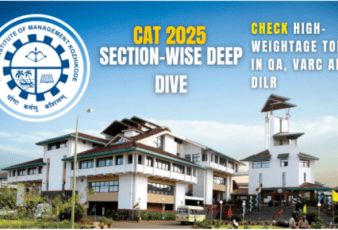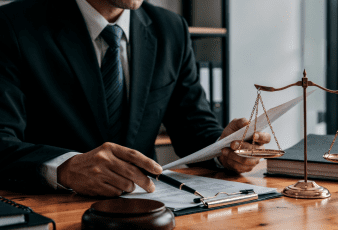No one looks forward to dealing with a plumbing emergency. While many of these issues are out of your control, there are many that are a result of bad habits stemming from inside your home.
If you’re dealing with one of these emergencies, then your first call should always be to the plumber Melbourne locals use for all types of plumbing issues. You can avoid many plumbing emergencies by improving a few bad habits.
Bad Habits Can Lead to a Plumbing Crisis
Plumbing issues can be attributed to a lack of preventative maintenance, worn components, or bad flushing habits. There are a few top emergencies that you can avoid by changing a few simple behaviours. Our plumbing team have shared a few of the common behaviours to change.
1. Stop Pouring Grease and Cooking Oil in the Sink
One of the worst habits plumbers have to contend with is homeowners who pour cooking oil down the kitchen sink. Cooking oil might be warm and liquid when you pour it down the sink, but as the oil cools, the oil becomes hard.
This hard mass of oil either blocks the immediate drain area under the sink or moves further down the pipe to create a blockage. Fat build-ups in plumbing pipes are often referred to as a fatberg. These blockages can have dire consequences that affect the whole plumbing system.
You can avoid this by changing the pouring habit to the following:
- Place used cooking oil in a glass jar and take it to a local recycling centre.
- Always wipe a pot or pan out with a paper towel before placing it in the sink.
- Scrape food scraps into the dustbin, not down the sink.
- Pour hot water down your sinks and drains at least once weekly to break down fat particles.
2. Watch What You Flush
The next crucial habit your plumber needs you to ditch is flushing just about everything down the toilet. No longer being able to see an item once you have flushed it doesn’t mean it’s gone from your plumbing system.
Here are a few flush rules to follow:
- Toilet paper should be the only non-organic material to flush.
- Wet wipes, nappies, and feminine hygiene products don’t break down in the pipes. Instead, they contribute to most of the toilet and drain blockages.
- Items such as dead fish, hair, food scraps, and any other non-organic material you’re usually flushing should be disposed of in the garbage.
3. Attempting Unskilled DIY Jobs
A combination of wanting to save money and learn new skills sees many homeowners trying to repair their plumbing issues with DIY attempts. While this is fine for changing a basic tap or a worn valve, more serious plumbing issues should always be referred to a professional plumber.
Your local plumber not only has the necessary skills to repair your plumbing issue but also shows up at your home with all the correct tools needed for the job. Professional services include using quality components, workmanship warranties, and ensuring that your repairs are legal and meet local regulations.
4. Not Knowing Where the Main Water Valve is
You may think that it’s common knowledge to know where the main power and water shut-off valves are. However, not all know where these switches are and end up with bigger emergencies that are not only costly to repair but also delay the repair process.
This is because your plumber will have to wait for the water to be cleared up before they can work. Here’s what you should do:
- When you move into a new house, be sure to locate the main switches for water, power and gas. Let everyone in the home know where they are and how to use them.
- At the first sign of an emergency, be sure to turn these off. Your plumber doesn’t have to see a flooded house to know where the issue is.
- Clear up as much water and debris as possible while you wait for the plumber. This makes the work process easier and quicker.
5. Ditch the Harsh Chemicals
Few people are aware that drain cleaners can do more harm to their pipes and drains. This is especially the case if you are mixing chemicals in an attempt to unblock your drains.
Our experts recommend using a natural solution of vinegar, hot water, a drain snake and a plunger to deal with minor clogs before they become major blockages. Speak to your plumber for advice about the best cleaning solution to use.
10 Biggest Plumbing Myths that are Not True
Here are 10 of the biggest plumbing myths that you need to get out of your head since they are absolutely not true and have no base to it.
- Hot water melts grease / fat to prevent any blockages.
- Flushable wipes are ok to be flushed down the toilets.
- Drain cleaners are safe to use.
- A water heater will definitely explode if you hear it rambling.
- Your drain is in good condition if it is still draining water.
- A running toilet is ok.
- A garbage disposal can handle any type of garbage.
- Put a brick in the back of your toilet.
- Dishwashers are an absolute waste of water.
- All plumbers have the exact same type of qualifications.
Final Thoughts
Since no one wants to deal with a plumbing emergency, it’s a good idea to ditch the bad habits that may be contributing to them in the first place.
Top bad habits that your plumber wants you to ditch include pouring oil and grease down the drain, flushing anything and everything down the toilet and of course, trying to do DIY repairs on the big things.
Changing the habits around your home will reduce the potential for emergencies and also keep your plumbing in tip-top shape!
Read More:




























